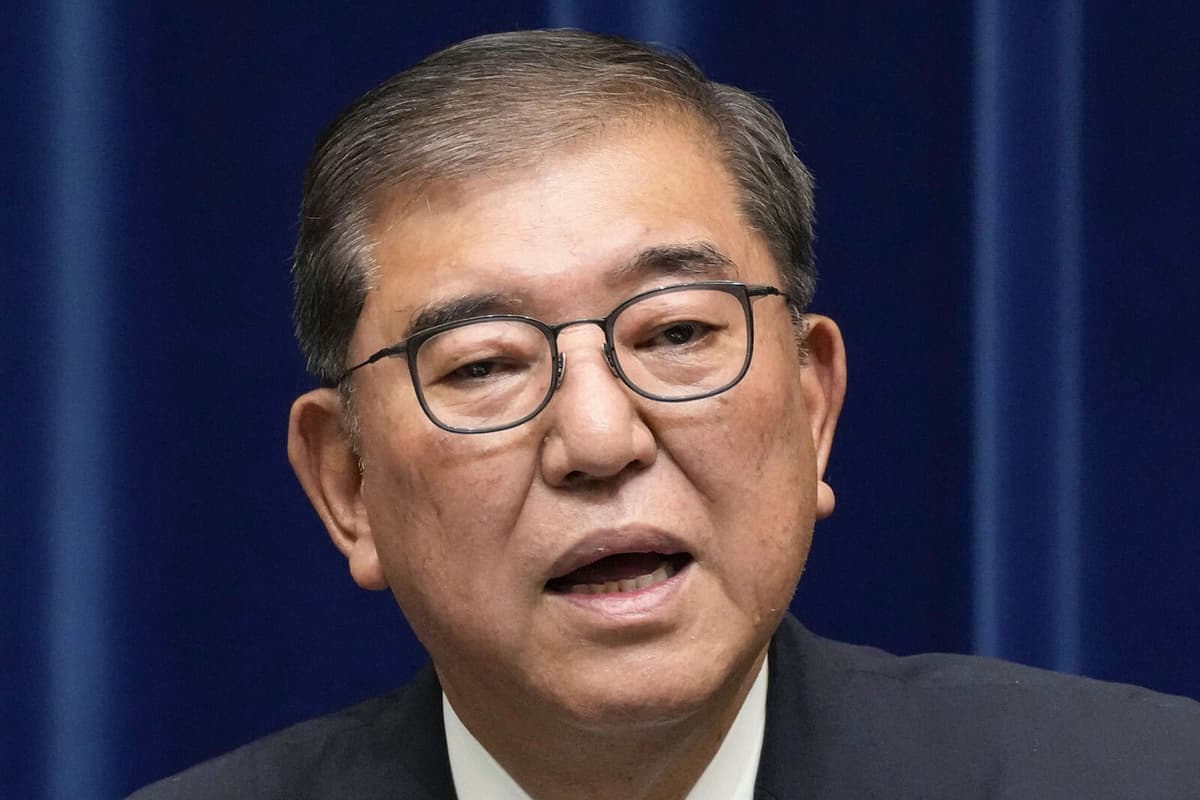I have decided to resign as leader of the Liberal Democratic Party, says Ishiba, who took office as recently as last October, at a press conference in Tokyo on Sunday.
Ishiba says that he will now initiate a process for the party to be able to elect a new leader, and that Monday's decision "is not necessary".
Shigeru Ishiba had previously opposed leaving because, according to him, it risked creating a political vacuum. But the pressure on him has continued to increase and on Monday, the LDP would decide whether to bring forward a vote on the party leadership.
The Prime Minister and his government coalition lost the majority in the parliament's upper house in the election in July - after they also lost the majority in the lower house in November. This means that it is the first time in the LDP's 70-year history that the party leads a coalition that controls neither the lower house nor the upper house.
Dissatisfaction with the government is rooted, among other things, in the fact that they have not managed to deliver solutions to problems such as rising prices for example rice, and wages that are lagging behind. In addition, the government is plagued by the aftermath of corruption scandals.






